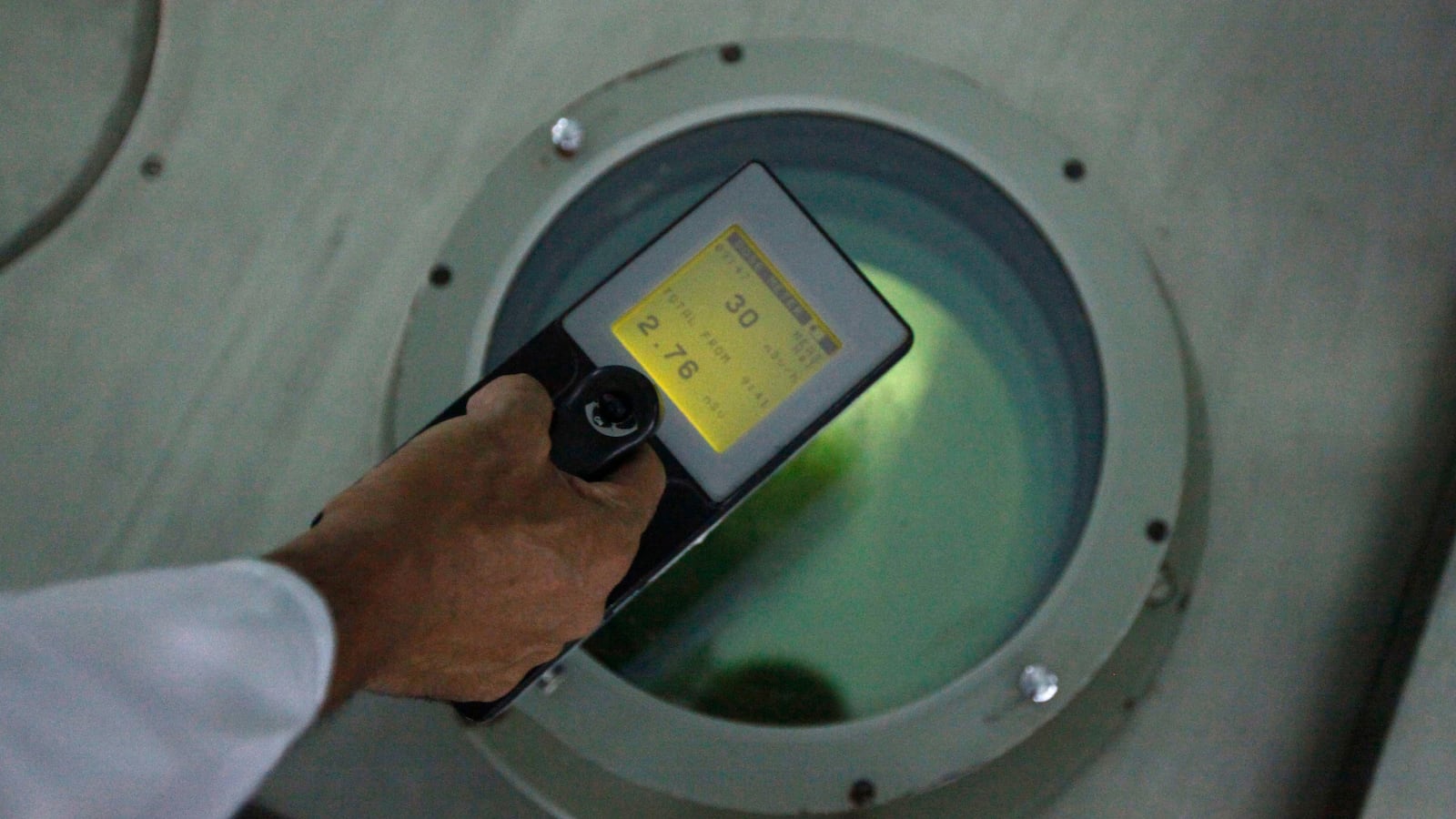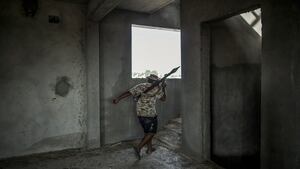Ten barrels containing uranium ore have disappeared from a site in Libya, according to United Nations inspectors.
Around two-and-a-half tons of the material was unaccounted for during an inspection this week of the storage location, the International Atomic Energy Agency (IAEA) said Thursday. Although natural uranium cannot immediately be used in a bomb, a group with technology required to enrich the metal could make around 12 pounds of weapons-grade material, experts say.
In a statement, the IAEA said of Tuesday’s inspection that “agency safeguards inspectors found that 10 drums containing approximately 2.5 tons of natural uranium in the form of uranium ore concentrate were not present as previously declared at a location in the state of Libya.” “Further activities will be conducted by the agency to clarify the circumstances of the removal of the nuclear material and its current location.”
Although the IAEA did not disclose further details of where the uranium was stored or how it may have vanished, the Associated Press suggested that the “previously declared” site could be Sabha. The location in the Sahara Desert about 410 miles southeast of Tripoli is currently outside of the control of the Libyan government.
Dictator Muammar Gaddafi previously stored thousands of barrels of yellowcake uranium at Sabha as part of his secret nuclear weapons program. The material was planned for use at a uranium conversion facility that never came to fruition. Gaddafi revealed the existence of his weapons program following the invasion of Iraq in 2003, and inspectors removed the last batch of enriched uranium in 2009—two years before Gaddafi was killed during the Arab Spring.
But the yellowcake uranium was left untouched, and the UN estimated in 2013 that 6,400 barrels remained at Sabha. Scott Roecker of the Nuclear Threat Initiative nonprofit told the BBC that the material “cannot be made into a nuclear weapon” in its “current form” but said it could be used as the “feedstock” required for a weapons program.
“If you’re removing this material from this location you must really want it,” Roecker said. “Perhaps it was stolen by someone who wants to make a profit out of this? There’s a lot of scenarios around this.”
Since Gaddafi’s overthrow, Libya has been ravaged by political instability and civil war. The self-styled Libyan National Army under the command of Khalifa Hiftar has been fighting against an interim government in Tripoli, though neither control the southern region from which the uranium was lost.
News of the missing ore comes after the UN’s nuclear investigators found enriched uranium particles at a facility in Iran.





